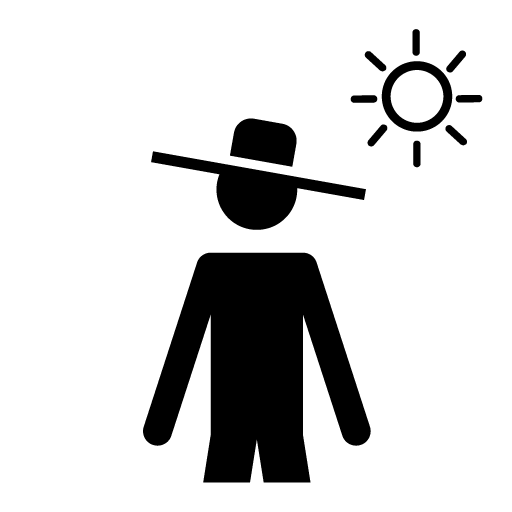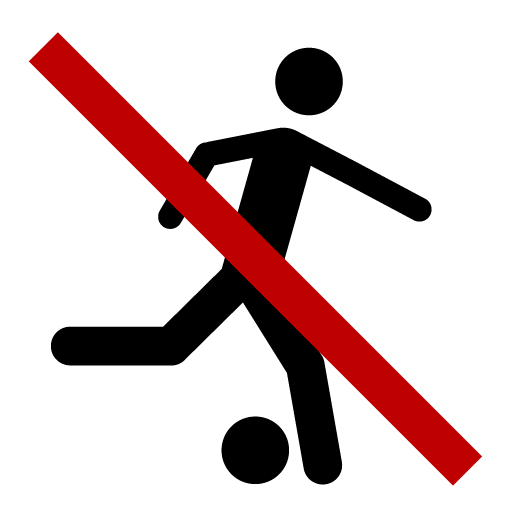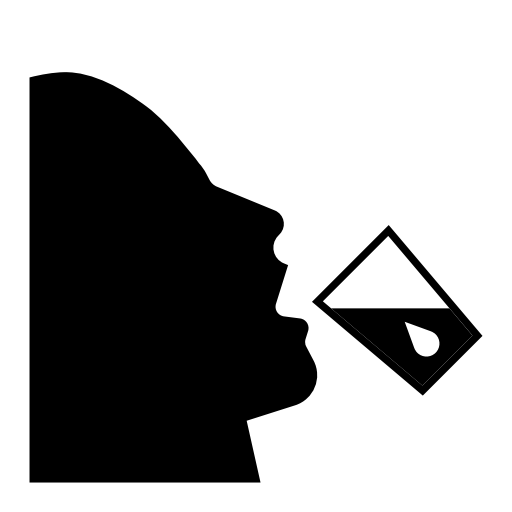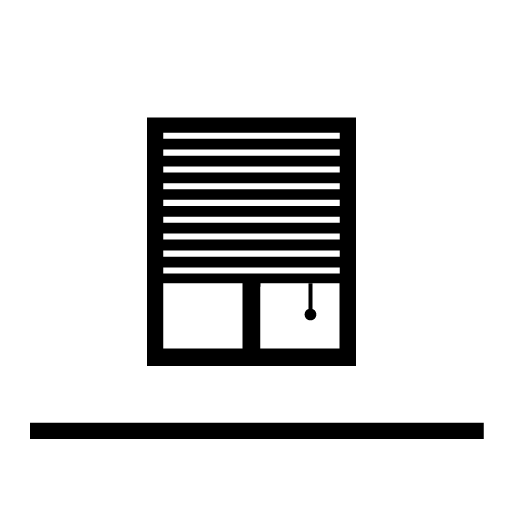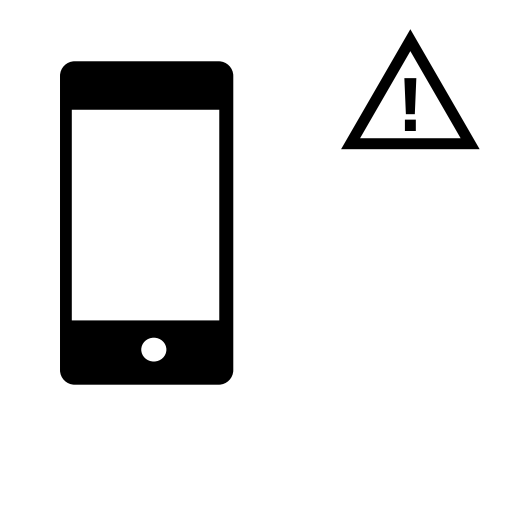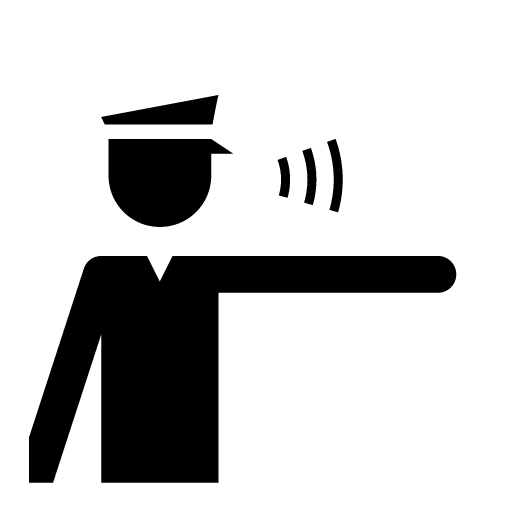Service Navigation
Search
What to do if a a period of heat is forecast
It is reasonably easy to forecast a period of heat, so when temperatures are rising, you should keep an eye on the weather forecasts and information in the media. Find out from your local pharmacy or doctor what is recommended for dealing with the adverse effects of heat.
In addition, the following precautionary measures should be taken:
Click here for information on the potential effects and hazard categories of heat.
What to do during a period of heat
Excessive heat can have an adverse effect on your health, and can sometimes reduce your mental and physical abilities.
How well you cope with heat depends partly on your physical condition at the time. If you have a cold or a chronic illness, for example, this will significantly reduce your tolerance to heat. Pregnant women, small children, older people and those who are ill are more sensitive to high temperatures. Typical heat-related symptoms include dizziness, headache, exhaustion, and nausea.
General advice in the event of a heat period:
What to do after a period of heat
A heat period can leave damage in its wake and can have a visible detrimental effect on the landscape (dried-up grounds, cracks in the earth, damage to crops etc.). Severe heatwaves can also cause fatalities, as was the case in 2003 and 2015.
After a heat period, you should take extra care of yourself and try not to achieve top athletic performances. The body needs time to readjust.
Find out from your local pharmacist or doctor what precautionary measures can be taken in order to be well prepared for the next heat period.
After a period of heat, the potential for forest fires still exists.

